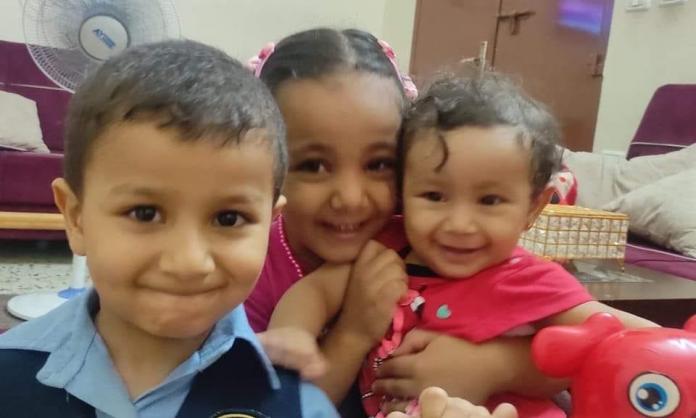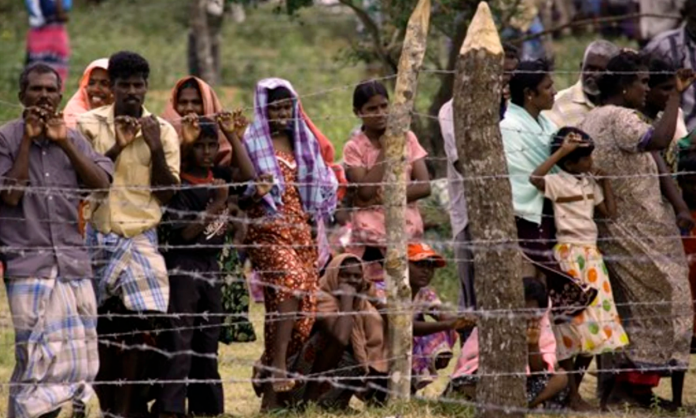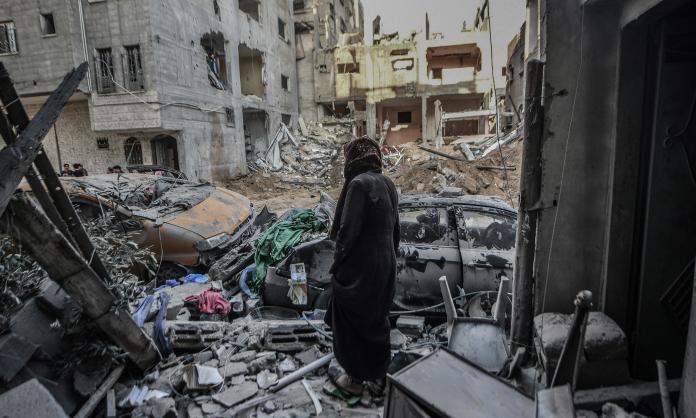Ayman Qwaider was impassioned and determined when he addressed a rally of 5,000 people in Perth’s Supreme Court Gardens on 21 October. Looking out across a sea of faces, he told those gathered about the brutal crimes that Israel was committing against Palestinians in Gaza, where he had lived most of his life.
Ayman spoke of the anxiety and fear he felt, not knowing whether his family would survive from one day to the next. He described phone conversations with his father, who would ask, “Should we stay or should we go?”—and the helplessness of not being able to offer advice, knowing that Gaza has no safe place to shelter.
I have known Ayman and his wife Sameeha for nearly ten years.
Several months after arriving in Perth in 2014, they shared with me their experiences of growing up under Israeli military occupation, and the severe repression Gazans faced from occupation forces during the second intifada, when they were both school students in the early 2000s.
There had been a moment of reprieve in 2005 when Israeli settlements were dismantled under Prime Minister Sharon’s “unilateral disengagement” policy. But the respite didn’t last long.
“In 2008 and 2009 everything changed dramatically”, Sameeha said at the time. “Now everybody became a target for the attacks [from Israel]. It wasn’t safe walking in the streets. A car could blow up next to you while you were walking.
“There was nothing you could do but stay home and pray that you would survive”, she continued. “We felt very helpless. The electricity would be cut off all day long; there were no food supplies; you had to survive by whatever means you could.”
Israel’s Operation Cast Lead killed 1,400 people over three weeks that winter. In the summer of 2014, Operation Protective Edge killed another 2,000. Ayman, Sameeha and I rallied together and marched together through Perth’s streets every weekend for five weeks.
But nothing could prepare them for the anguish of Israel’s current offensive, which has killed more than 5,000 people.
As we marched again, this time in the largest Palestine solidarity protest Perth has ever seen, Ayman asked, “What do we need to do to stop this war? When will the politicians listen?”
“We need to get masses of people on to the streets, shut down our workplaces if we can and force them to abandon their support for Israel”, I replied. But I felt guilty. I knew none of this could come soon enough for Ayman’s family.
Later that afternoon, at 4:45pm, Ayman received a status update from his sister Alaa Qwaider in Gaza City.
“There is bombing all around me”, she wrote. “Every night is harder than the night before. I am exhausted, God please accept me in the heavens.”
Several hours later, Ayman’s worst nightmare came true. Alaa and her three children, Eman (5), Faiz (3) and 7-month-old Sara, were killed in an Israeli airstrike. It was Eman’s fifth birthday.
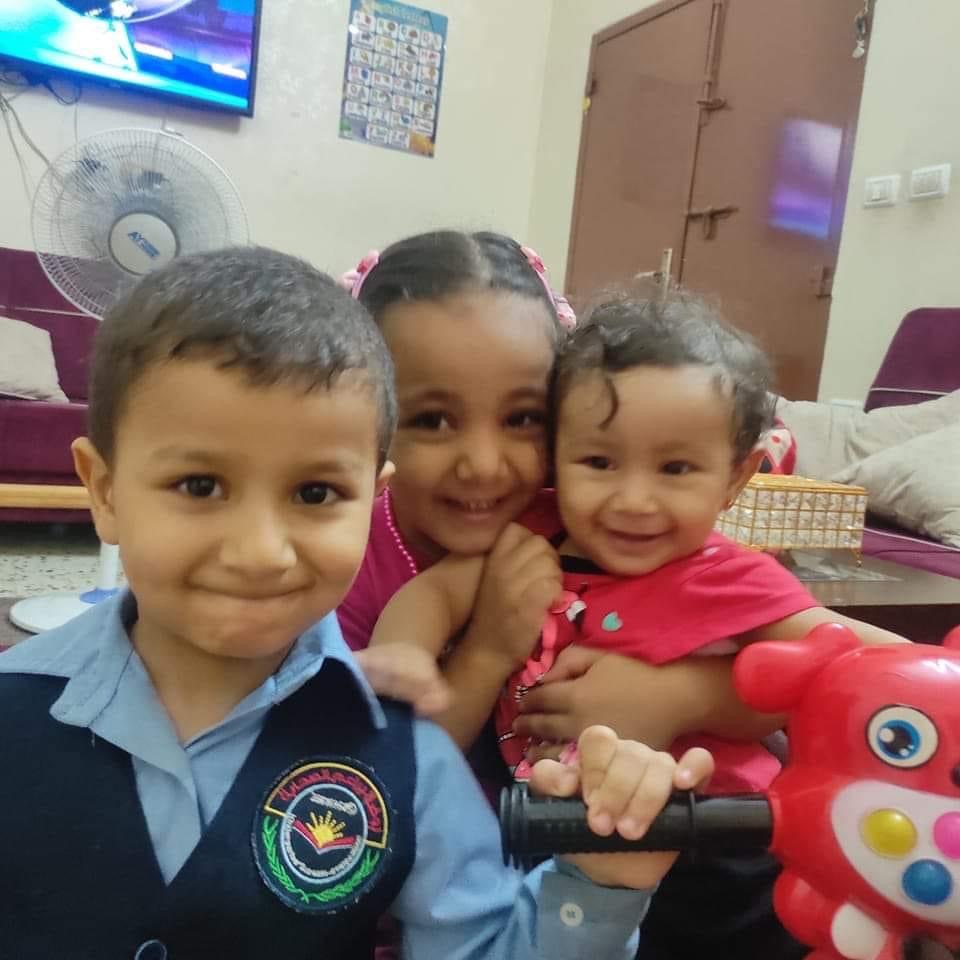
Faiz (L), Eman and 7-month-old Sara.
The family lived in the Daraj neighbourhood in Gaza City. Ayman’s brother-in-law Mahmoud Ahel survived the attack. However, seventeen members of Mahmoud’s family were killed when the Israeli airstrike destroyed the apartment in which they lived.
The other victims of the massacre included Mahmoud’s mother and father, his two sisters Sabeeha and Eman, Eman’s three children, Alma, Lamar and Elia, Mahmoud’s brother in-law, his sister-in-law Maraha and her child Anis.
Al-Daraj is one of the city’s oldest and most densely populated neighbourhoods. Situated on a hill, it is the site of Gaza’s largest and oldest mosque, the Great Omari Mosque. Today, Al-Daraj and the surrounding suburbs of Gaza City sit in an area declared by apartheid Israel a free-fire zone.
Two days later, I visited Ayman and Sameeha in their Canning Vale home. They served traditional Arabic coffee and cake.
“We are seeing entire families brutalised and killed, while there is no food, no medicine and no fuel to maintain generators in the hospitals”, Ayman said.
“Death awaits thousands of injured people in Gaza’s hospitals if this war continues. Israel’s bombardment deliberately targets the most vulnerable: 70 percent of those killed are children, women and elderly people.”
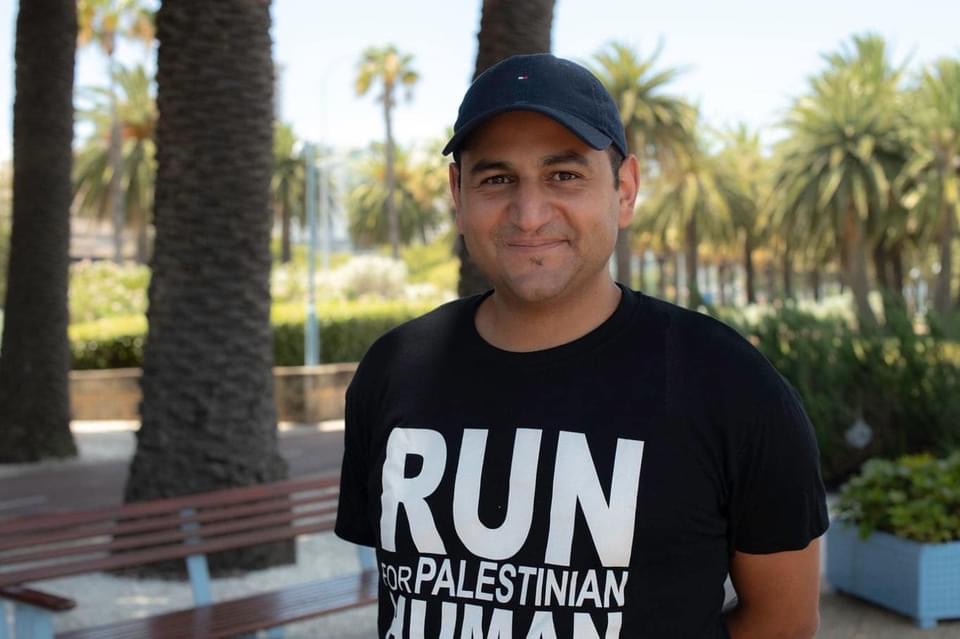
Ayman.
What is Israel’s end goal? Another 1948 Nakba, when 750,000 Palestinians were made refugees?
“How do we interpret the displacement of one million people in two weeks, the killing of more than 2,000 children in two weeks, the bombing of schools, mosques, churches and medical centres?”, Ayman asked.
“We have seen this death and destruction inside the UN schools that are supposed to be shelters. We have seen children looking at the dead bodies of their mothers and fathers and kissing them.
“What is the message that Israel is conveying to Palestinians? That we are going to get you, we are going to kill you. Israel is determined to eliminate the younger generation of Gaza”, he continued. “This is collective punishment, a war crime. This is systematic. This is a genocide against the Palestinian people.”
Amidst the violence being rained down upon Palestinians, Ayman was determined that his sister’s story be known. He requested that a media statement be prepared, and said that he would not allow his sister’s memory to be packaged into media sound bites and newspaper stories that obscured the history of Israel’s violent colonial occupation.
Ayman asked if I could arrange leaflets to be distributed at a community prayer meeting to be held for his sister that evening. I got on the phone and arranged delivery of leaflets to his friend, Ahmed.
As I left for another rally organising meeting, Ayman related that his father had cried while on their last video call. “I’ve never seen my father cry like that before”, he said.




